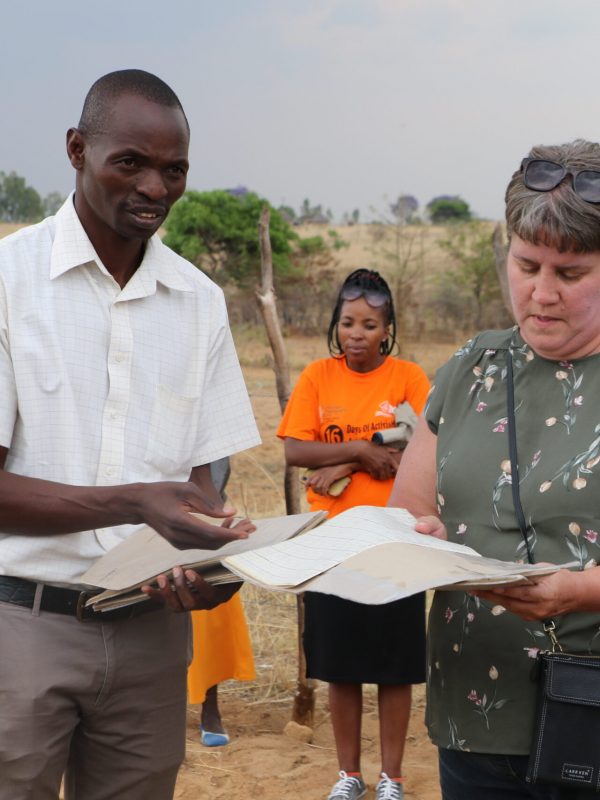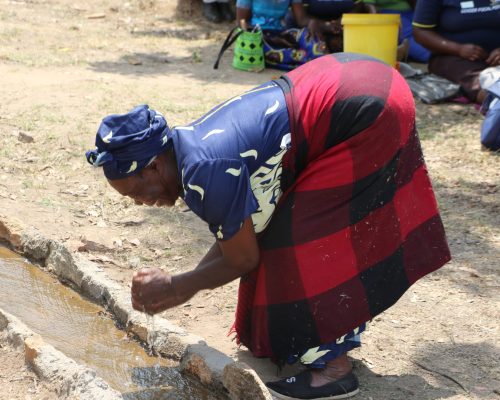Humanitarian Services & Diakonia

About HSD
The humanitarian and development services department focuses more on emergency preparedness, water and sanitation, addressing of severe and moderate acute malnutrition and transmission of communicable diseases, health, diversified livelihoods and resilience building programs. In 2020, about 8.6 million people were food insecure and were in need of food assistance, 4 million people in need of health attention, 1 million children were malnourished, 1, 6 million people were in need of GBV assistance, 3, 7 million people in need of WASH assistance and 128 households were in need of shelter. Save lives and alleviate the suffering of those most in need of humanitarian assistance & protection. Strengthening household and community capacity to respond to shocks and disasters. ZCC Humanitarian Arm has 2 strategic objectives which are to:
- Save lives and alleviate the suffering of those most in need of humanitarian assistance & protection.
- Strengthening household and community capacity to respond to shocks and disasters
- FOOD SECURITY
- LIVELIHOODS
- WATER SANITATION & HYGIENE
- NUTRITION
- EMERGENCY & DISASTER RESPONSE
As defined by the United Nations’ Committee on World Food Security, means that all people, at all times, have physical, social and economic access to sufficient, safe, and nutritious food that meets their food preferences and dietary needs for an active healthy and life. This implies that food security has four pillars which are availability (having sufficient quantities of appropriate food available), access (having adequate income or other resources to access food), utilization (having dietary intake and the ability to absorb and use nutrients in the body), and stability (access to adequate food all the time).
According to FAO, is the capabilities, assets, and activities that rural people require to for a means of survival. Livelihoods should be sustainable, that is enables individuals/ communities to cope with and recover from stress and shocks and maintain or enhances its capabilities and assets for both present and future use.
WASH is s an acronym that stands for (Water, Sanitation and Hygiene). It includes the acess to safe water, adequate sanitation and hygiene education. Improving access to WASH services can improve health, life expectancy, student learning, gender equality and other important issues of international development. (UNICEF)
Nutrition is a scientific discipline, concerned with the access and utilization of food and nutrients for life, health, growth, development and well-being. Better nutrition is related to improved infant, child and maternal health, stronger immune systems, safer pregnancy and childbirth, lower risk of non-communicable diseases, and longevity (WHO).
Emergence and disaster response deals with the organization and management of resources and responsibilities including the set of activities implemented for dealing with the humanitarian aspects of an emergence or disaster (FEMA). The aim of emergence and disaster response is to provide immediate assistance to maintain or save life, improve health and support the morale of the affected population. The response should be prompt and appropriate to the victims (WHO).
Some of Our Works





